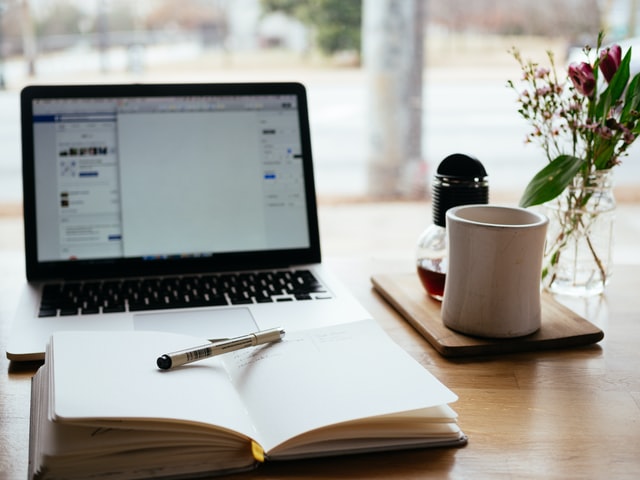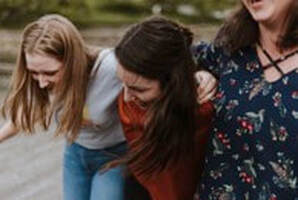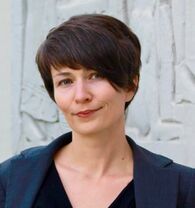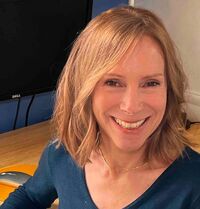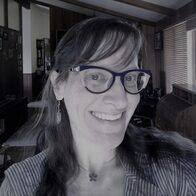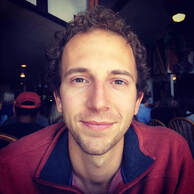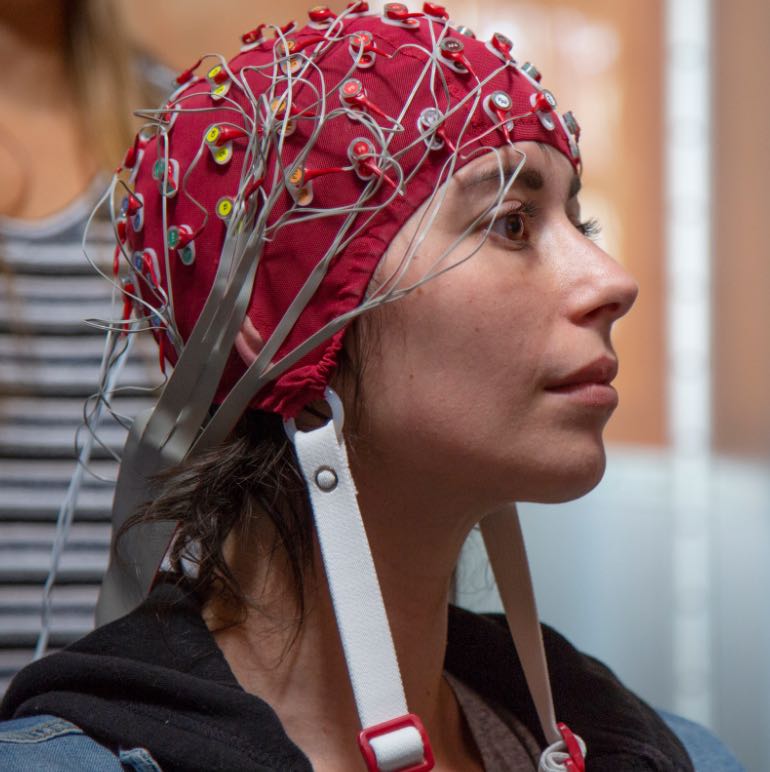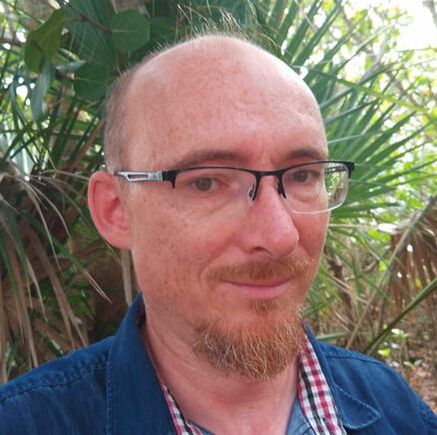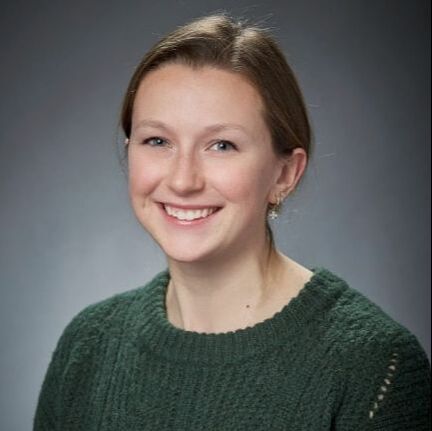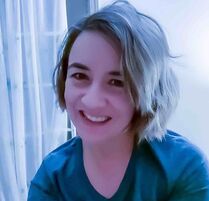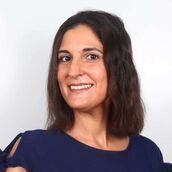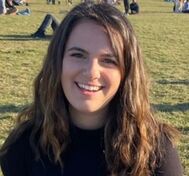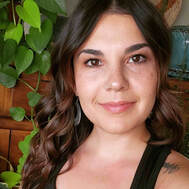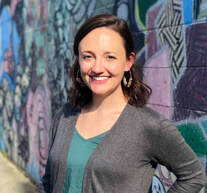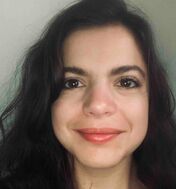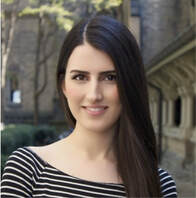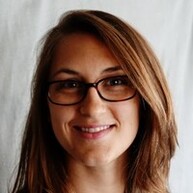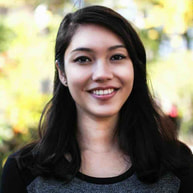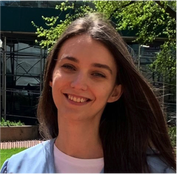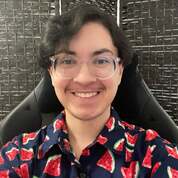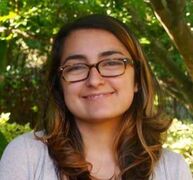We Create Research-Based Content, Courses, & Tools for You So That You Can
Our Values
|
Positive Impact
We are dedicated to positively impacting well-being business owners and the communities they serve. We believe that positively impacting well-being can be done in a wide variety of ways. We rely heavily on scientific research but also acknowledge that science is ever evolving, and yet-to-be found insights can be found in other places—for example, in spiritual texts, from experts without scientific backgrounds, and from wisdom that is uncovered in other ways. Our value of positive impact ensures we continue to stay open-minded about the information we share and the avenues we explore. |
|
Love & Kindness
We strive to be understanding, empathetic, caring, genuine, & joyful. Everyone is on a different path in life, and no path is right for everyone. This is why it is so important to us to provide a space where kindness and acceptance of each persons' individual journey is top priority. We aim to kindly and gently deliver personal stories, suggestions, and tips in an effort to aid personal growth and self-efficacy while limiting common barriers to well-being such as stigma, fear, and self-judgment. |
|
Autonomy
We maintain the perspective that each individual has their own inner wisdom. We believe that it is up to each of you to make your own decisions about what's best for yourself. Rather than forcing our opinions on others or stating what is "right" or what "should" be done, we offer information from multiple sources and a variety of ideas so that people can explore and choose what is best for them. |
Our Team
We are well-being experts and research rockstars dedicated to supporting well-being business owners and the communities they serve.
Tchiki Davis, Ph.D.Founder & CEO
Tchiki Davis, Ph.D., is a writer, program creator, and founder of The Berkeley Well-Being Institute.
Learn more about Tchiki... |
Beth Birenbaum, MPHHead Content Writer
|
Nimmy DummEditor
Nimmy Dumm is the owner and founder of Aspen Root Editing, specializing in copyediting and line editing.
Learn more about Nimmy... |
Charlie Huntington, M.A., Ph.D. CandidateContributing Writer
Charlie Huntington is a Ph.D. student in social psychology at the University of Denver who studies romantic relationships, sexual health, and sexual assault prevention.
Learn more about Charlie... |
Kelsey Schultz, Ph.D. CandidateContributing Writer
Kelsey is a Ph.D. Candidate at the University of Oregon who studies cortical neurophysiology of human motor control.
Learn more about Kelsey... |
Steve Gendron, Ph.DContributing Writer
Dr. Steve Gendron is a scientist with a passion for mindful living and a strong background in biomedical research, endocrinology, and immunology.
Learn more about Steve... |
Elyse Barkstrom, B.S.Junior Writer
Elyse Barkstrom is a research assistant at Montana State University who currently studies sleep, anxiety, and cardiovascular health.
Learn more about Elyse... |
Past Contributors
Eser Yilmaz, M.S., Ph.D.Writer, Editor
Eser Yilmaz is a neuroscientist and science writer. She is interested in the biological basis of behavior and how biophilia and nature therapy can help achieve optimal physical and mental health outcomes.
Learn more about Eser... |
Nathalie Boutros, Ph.D.Writer
Nathalie Boutros is a freelance writer living in San Diego, California. She has a Ph.D. in Psychology from the University of Auckland.
Learn more about Nathalie... |
Julia Wolf, B.S., M.Sc. CandidateContributing Writer
Julia is a master's student studying neuroscience at the Freie Universität in Berlin, Germany.
Learn more about Julia... |
Justine Saavedra, M.S.Contributing Writer
Justine Saavedra is a Program Specialist at the University of New Mexico Department of Psychiatry and Behavioral Sciences.
Learn more about Justine... |
Jillian Weeks, Ph.D.Contributing Writer
Jillian Weeks, Ph.D. is a neuroscientist-turned-writer/editor living in Chicago, IL.
Learn more about Jillian... |
Angela Saulsbery, M.A.Contributing Writer
Angela Saulsbery earned her master's degree in psychology (behavioral neuroscience) at The Ohio State University.
Learn more about Angela... |
Arasteh Gatchpazian, M.A., Ph.D. CandidateContributing Writer
Arasteh Gatchpazian is a Ph.D Candidate at the University of Toronto who studies emotion regulation and its impact on stress and health.
Learn more about Arasteh... |
Helena Rose Karnilowicz, Ph.D.Contributing Writer
Helena Rose Karnilowicz got her Ph.D. at UC Berkeley studying stress, emotion regulation, well-being, and social relationships.
Learn more about Helena... |
Sukhman Rekhi M.A.Contributing Writer
Sukhman Rekhi's clinical and research background includes work in multicultural counseling, community health psychology, social justice advocacy, and women's issues.
Learn more about Sukhman... |
Jaya Roy, M.A., M.S.W., A.S.WContributing Writer
Jaya (she/her) is a cognitive psychologist and an associate clinical social worker. Her work focuses on the integration of social justice in therapeutic practices.
Learn more about Jaya... |
Sarah H. Sperber, B.A., ResearcherContributing Writer
Sarah is a research assistant at NYU School of Medicine who studies mindfulness, stress, coping, and the mind-body connection.
Learn more about Sarah... |
Aleja Parsons, Ph.D., Clinical PsychologistContributing Writer
Aleja Parsons is a licensed clinical psychologist, faculty researcher, and public speaker. Her work collectively focuses on the alleviation of relationship and family distress in underrepresented populations.
Learn more about Aleja... |
Zamfira Parcinu, B.A., ResearcherContributing Writer
Zamfira is a clinical research coordinator at NKI in New York who studies the neurobiology of psychiatric disorders, with a focus on depression.
Learn more about Zamfira... |
Tristan Michael Williams, Ph.D.Contributing Writer
Tristan Michael Williams is a Ph.D. graduate from the University of Florida who studied the genetic factors associated with Alzheimer’s disease.
Learn more about Tristan... |
Julia Najm, M.A., Ph.D.Contributing Writer
Julia Najm, is a clinical psychologist who conducts research on prevention and healthcare.
Learn more about Julia... |

